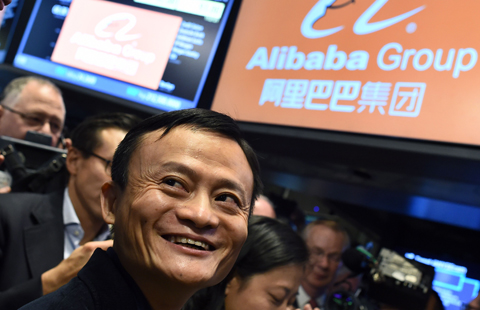China opens key economic work meeting
(Xinhua) Updated: 2012-12-15 10:36China's major economic plans for 2013 will be mapped out during the Central Economic Work Conference, which opened on Saturday.
This year's meeting, which is one of the nation's most important economic events, is attracting even more attention than usual as it will offer the first glimpse of the economic thinking of the new top leadership of the Communist Party of China (CPC).
China's economy is stabilizing, but its development will "face various challenges that should not be underestimated" next year, the Political Bureau of the CPC Central Committee warned on Dec 4.
The country will put "enhancing quality and efficiency of economic growth at the center" next year and it will deepen reform and opening up, as well as step up efforts to pursue growth driven by innovation, according to the Bureau.
The Bureau also agreed to expand domestic demand, step up economic restructuring, improve people's livelihoods and keep stable consumer prices.
China's economy expanded 7.4 percent year on year in the July-September period, slowing for a seventh consecutive quarter.
However, official data has showed recovering fixed-asset investment, industrial activity and retail sales in recent months.
Besides, the country's manufacturing activity increased for a third straight month in November, as the purchasing managers' index rose to 50.6 percent in November, above the 50-percent figure that demarcates expansion from contraction.
Analysts have predicted China's economic growth rate in 2012 will beat the 7.5-percent target set at the beginning of the year, and that the inflation rate will be kept within 3 percent, below the 4 percent target.
Despite the hard-earned progress, authority remains cool-headed about future challenges.
Xi Jinping, general secretary of the CPC Central Committee, said at a meeting with government officials and entrepreneurs in South China's Guangdong province that "we should recognize that adverse domestic and overseas effects will be long-term, complicated and winding. We should not run from conflicts and cover up problems".
China's economy has long been restrained by overcapacity, weak innovation, environmental pressure and rising labor costs. Those hurdles have made the task of economic restructuring all the more the arduous.
In addition to domestic conundrums, economic prospects are complicated by the global economy, which is expected to remain recessive due to lackluster demand and the lingering financial crisis.
Experts from the Chinese Academy of Social Sciences said that on one hand, the country should maintain steady recovery momentum; on the other hand, the restructuring mission should score some prominent results.
- Qihoo 360 to boost offline retailing channels for handsets sales
- Beijing-Shanghai High-Speed Railway reaps 6.58b yuan
- Govt eases rules in FTZs to draw foreign investors
- LanYou Culture aims to raise $4.48m to bring e-sports to college students
- China wins global top spot in iOS game revenue
- Antique cars, typewriter and telephone on display in Shanghai
- Apple's big suppliers look elsewhere for opportunities
- IMF inches up China forecast


















